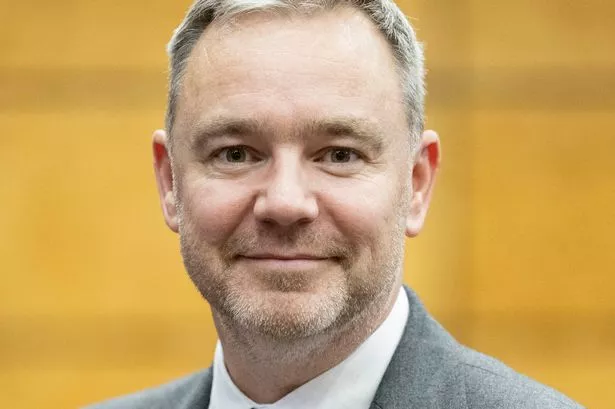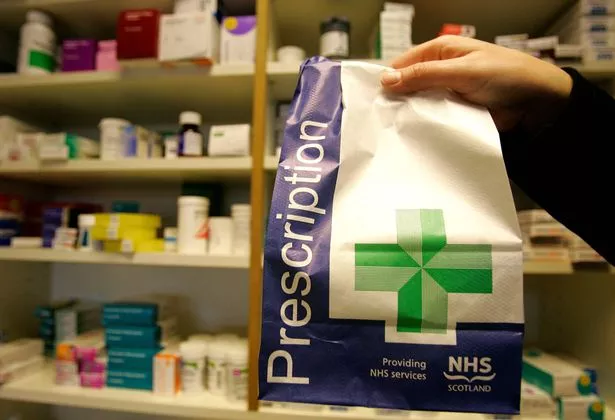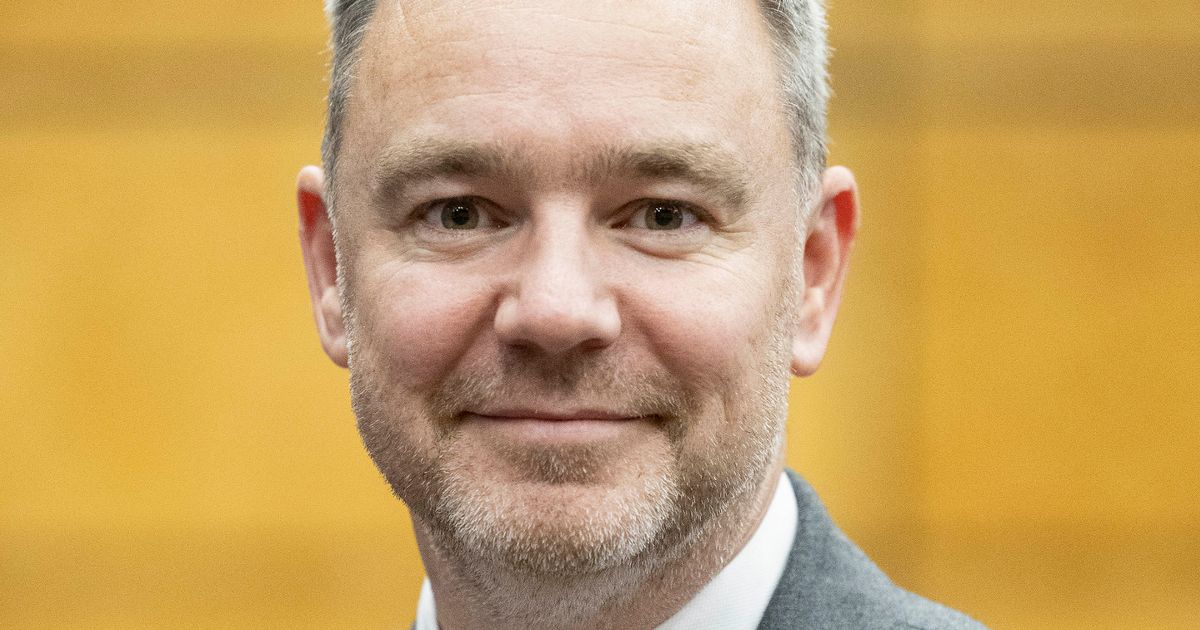The NHS wants to encourage the public not to re-order prescription medication they no longer need Professor Ewan Maule, clinical director, pharmacy and medicines, North East and North Cumbria Integrated Care Board (ICB)(Image: NHS North East and North Cumbria)
Professor Ewan Maule, clinical director, pharmacy and medicines, North East and North Cumbria Integrated Care Board (ICB)(Image: NHS North East and North Cumbria)
“Up to 10%” of prescribed medicine in the North East and North Cumbria is not used. That’s the message from NHS bosses who have unveiled a plan to cut the £1bn spent on medication each year in the area.
The North East and North Cumbria NHS Integrated Care Board (ICB) has published a new strategy which outlines issues including the need to cut the use of antibiotics and painkillers. This is set against a backdrop of around 97,000 people across the wider area who have been taking opioid painkillers for more than six months.
Meanwhile, reducing antibiotic use where that is not needed is key to reducing the risks of antibiotic resistance to disease in future. The ICB’s director of medicines Prof Ewan Maule has highlighted that the plan is designed to reduce waste and ensure patients get the right medication at the right time.
He said: “The North East and North Cumbria faces serious challenges, including higher rates of poor health than many other parts of the country.
“Medicines play a crucial role in helping people stay healthier for longer and, in many cases, allow them to live a better life. They are constantly evolving, with new treatments, such as weight loss drugs, being developed all the time, helping to treat many health problems that we couldn’t in the past.
Our ChronicleLive Daily newsletter is free. You can sign up to receive it here. It will keep you up to date with all the latest breaking news and top stories from the North East.
“However, many people are living with long-term illnesses, with some taking several different medicines each day – which they may no longer need. This new strategy is designed to make sure patients get the right medicines at the right time, reduce waste, and improve overall patient care.”
“Key areas” targeted by the report include the need to reducing unnecessary prescriptions. Health bosses said “up to ten percent of prescribed medication currently issued are not actually needed”. They added that encouraging patients to only order what they need in a repeat prescription had shown positive signs thus far. It is hoped that long-term this could save £20m a year.
 A prescription being collected from a pharmacy(Image: © 2025 PA Media, All Rights Reserved)
A prescription being collected from a pharmacy(Image: © 2025 PA Media, All Rights Reserved)
Reducing the use of opioids – which can cause serious harm – continues to be a target. The NHS estimates that around 120,000 people use opioids in the North East and North Cumbria, with nearly 97,000 taking them for over six months.
Bringing down antibiotic use and ensuring that those taking anti-depressants are regularly reviewed are both also on the agenda, as is tackling chronic illnesses such as heart disease, diabetes and COPD. Prof Maule added: “These are some of the biggest health issues in our region, yet thousands of people aren’t getting the right treatments to manage them properly.
“By focusing on better care and prevention, we hope to reduce hospital visits and help people stay well for longer. Most importantly, the plan puts patients at the centre of decisions about their care. People will be supported to understand their medicines, know why they’re taking them, and feel confident in making choices about their treatment.”
The plan is to give patients a “stronger voice” and focus on prevention to improve the health of the people. The professor added; “Our medicines strategy is a major step forward in our long-term plan for better health and by focusing on prevention, fair access, and safer, more effective use of medicines, we believe we can improve care for thousands of people, reduce pressure on our services, and make sure every pound spent brings the best possible benefit.
“There’s still a long way to go – but with this new strategy in place, the North East and North Cumbria is taking action to build a healthier future for everyone.”
 Join our WhatsApp communities
Join our WhatsApp communities
ChronicleLive is now on WhatsApp and we want you to join our communities.
We have a number of communities to join, so you can choose which one you want to be part of and we’ll send you the latest news direct to your phone. You could even join them all!
To join you need to have WhatsApp on your device. All you need to do is choose which community you want to join, click on the link and press ‘join community’.
No one will be able to see who is signed up and no one can send messages except the ChronicleLive team.
We also treat our community members to special offers, promotions, and adverts from us and our partners.
If you don’t like our community, you can check out any time you like. To leave our community click on the name at the top of your screen and choose ‘exit group’.
If you’re curious, you can read our privacy notice.
Join the ChronicleLive Breaking News and Top Stories community
Join our Court & Crime community
Join the Things to do in Newcastle and the North East community
Join our Northumberland community
Join our County Durham community
Join our Great North Run community
Join our shopping deals and bargains community
